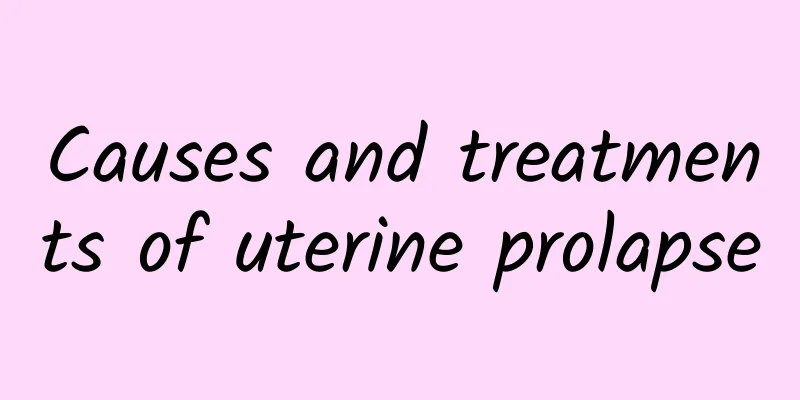Can I drink tea if I have a Bartholin's gland cyst?

|
Patients with Bartholin's gland cysts can drink tea in moderation, but they need to pay attention to the type and amount of tea they drink. Teas rich in antioxidants, such as green tea and white tea, are good for the body, but caffeinated teas may aggravate edema or irritation symptoms, so their intake should be controlled. It is very important to drink plenty of water to maintain the body's water balance. Bartholin's gland cyst is a cystic mass caused by obstruction of the gland duct. It is common in women of childbearing age and may present as local protrusions, pain, or even infection. Although drinking tea itself has no direct effect on cysts, the caffeine in certain teas such as black tea or oolong tea may aggravate inflammation and edema, so it is recommended to reduce intake. At the same time, replenishing enough water helps metabolize waste and may indirectly improve symptoms. In terms of diet, eat more fiber-rich foods such as fresh fruits and vegetables to promote digestion and reduce constipation, which is also helpful for the recovery of cysts. Bartholin's gland cyst is a cystic mass caused by obstruction of the gland duct. It is common in women of childbearing age and may present as local protrusions, pain, or even infection. Although drinking tea itself has no direct effect on cysts, the caffeine in certain teas such as black tea or oolong tea may aggravate inflammation and edema, so it is recommended to reduce intake. At the same time, replenishing enough water helps metabolize waste and may indirectly improve symptoms. In terms of diet, eat more fiber-rich foods such as fresh fruits and vegetables to promote digestion and reduce constipation, which is also helpful for the recovery of cysts. It is recommended that patients with Bartholin's gland cysts choose low-caffeine or decaffeinated teas, such as light tea or herbal tea. At the same time, pay attention to other care measures, including keeping the affected area clean, avoiding wearing tight clothing, and seeking medical treatment for medication or surgery when necessary, such as antibiotic treatment, warm compresses, or surgical drainage. Regularly review and pay attention to other symptoms of discomfort in the body so that the treatment plan can be adjusted in time. Maintaining good living habits, high-quality diet and moderate exercise can also contribute to overall health. |
<<: Is there any good treatment for adenomyosis ovarian cysts?
>>: How long does it take to get pregnant again after a miscarriage?
Recommend
4 treatments for vulvar leukoplakia
Vulvar leukoplakia is a chronic malnutrition of t...
Red eggshell VS. white eggshell, which color of eggs is the most nutritious? Can I eat eggs with spots on the shell?
Eggs are rich in protein needed by the human body...
A brief discussion on the specific symptoms of female dysmenorrhea
Dysmenorrhea is a common physiological phenomenon...
Causes of non-menstrual bleeding
Causes of non-menstrual bleeding: Women may exper...
Detoxification diet promotes metabolic health and helps you lose weight
The relationship between the human body and calor...
How to regulate menstruation
There are many reasons for amenorrhea, which can ...
How can patients with dysmenorrhea regulate themselves before pregnancy? Change their lifestyle habits
Dysmenorrhea is a symptom experienced by many wom...
How to care for patients with threatened abortion in daily life
How should patients with threatened abortion be c...
Mouth sores not only cause a lack of B vitamins, but also cause a large leakage of these 3 nutrients! Nutritionist: Avoid eating 5 types of foods that irritate mucous membranes
Everyone has experienced the pain of a sore mouth...
What should I do if I have severe menstrual headaches?
Severe menstrual headaches can be relieved throug...
What is abortion syndrome? Introduction to dietary principles for abortion syndrome
What is abortion syndrome? When you find out you ...
Who are most likely to suffer from cervical erosion?
Cervical erosion is a very common gynecological d...
Can chocolate cysts be cured without surgery?
Can chocolate cysts be treated without surgery? W...
What are the causes of pelvic inflammatory disease?
Women are more attractive because of their indepe...
Are there any harmful symptoms of physiological ovarian cysts?
What are the symptoms of physiological ovarian cy...









